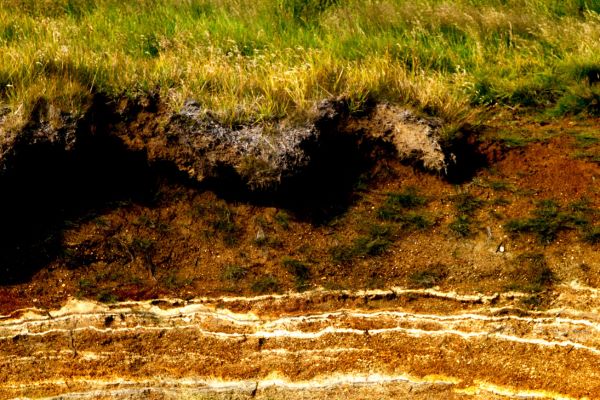
Soil is the foundation of life on Earth. It provides us with food, water, and shelter. It also helps to regulate the climate and protect us from floods and droughts. But what exactly is soil? And why is it so important?
Soil is a mixture of minerals, organic matter, water, and air. It is formed from the breakdown of rocks and minerals over time. Soil is essential for plant growth because it provides them with nutrients and minerals. It also helps to regulate the water cycle and prevent erosion.
Soil science is a complex and fascinating topic. By learning more about your soil, you can better appreciate its importance, harness its growth potential, and help to protect it for future generations.
soil formation
Soil formation is a complex process that involves the interaction of several factors, including climate, topography, parent material, organisms, and time. The parent material is the starting point of soil formation and can be rocks, sediments, or organic matter. The weathering of the parent material by physical, chemical, and biological processes produces the mineral particles that make up the soil.
Over time, the accumulation of organic matter, nutrients, and minerals transforms the soil into a complex ecosystem that supports plant growth and provides a habitat for a diverse range of organisms.
Types of soil
Soil can be classified based on its texture, structure, and composition. The texture of soil refers to the size distribution of mineral particles, such as sand, silt, and clay. The structure of soil refers to the arrangement of mineral particles into aggregates or clumps. The composition of soil refers to the amount and type of organic matter, nutrients, and minerals present in the soil.
There are several types of soil, including sandy, loamy, and clayey soils. Sandy soils have large particles that allow for good drainage but have poor water retention and nutrient-holding capacity. Loamy soils have a balanced texture of sand, silt, and clay, making them ideal for plant growth. Clayey soils have small particles that provide good water retention and nutrient-holding capacity but have poor drainage.
Importance of Soil Science for Agriculture
Soil is the foundation of agriculture, providing the essential nutrients and water needed for plant growth. The properties of soil, such as texture, structure, and composition, determine the fertility and productivity of the soil. Understanding soil properties is essential for selecting appropriate crops, fertilizers, and irrigation strategies to optimize yields.
Soil health is also crucial for sustainable agriculture. Healthy soil is rich in organic matter and supports a diverse range of organisms, such as bacteria, fungi, earthworms, and insects. These organisms help to decompose organic matter, fix nitrogen, and regulate soil moisture and nutrient availability.
soil degradation
Physical processes, such as erosion, compaction, and nutrient depletion, can affect soil, leading to decreased soil fertility and productivity. This is known as soil degradation. Soil degradation creates a significant challenge to global food security and can have a devastating impact on our environment. It can lead to the loss of fertile land, the depletion of water resources, and the contamination of food and water.
By taking the following steps, you can help to ensure that your soil is healthy and productive for future generations:
- Practice sustainable agriculture. This means using methods that protect the soil from erosion, nutrient loss, and contamination.
- Restore degraded land. This can be done by planting trees and other vegetation, using mulch, and avoiding tilling.
- Educate others about soil degradation. The more people who are aware of the problem, the more likely we are to find a solution.
Conclusion
The science behind soil is a fascinating field that plays a critical role in supporting plant growth and sustaining ecosystems. Understanding the basics of soil formation, types of soil, and the importance of soil for agriculture is essential for managing soil resources sustainably. By maintaining healthy soils, we can ensure a sustainable supply of food and other ecosystem services for future generations. If you have questions about your soil, contact us. We offer both GPS-guided precision soil sampling and conventional soil sampling services.
